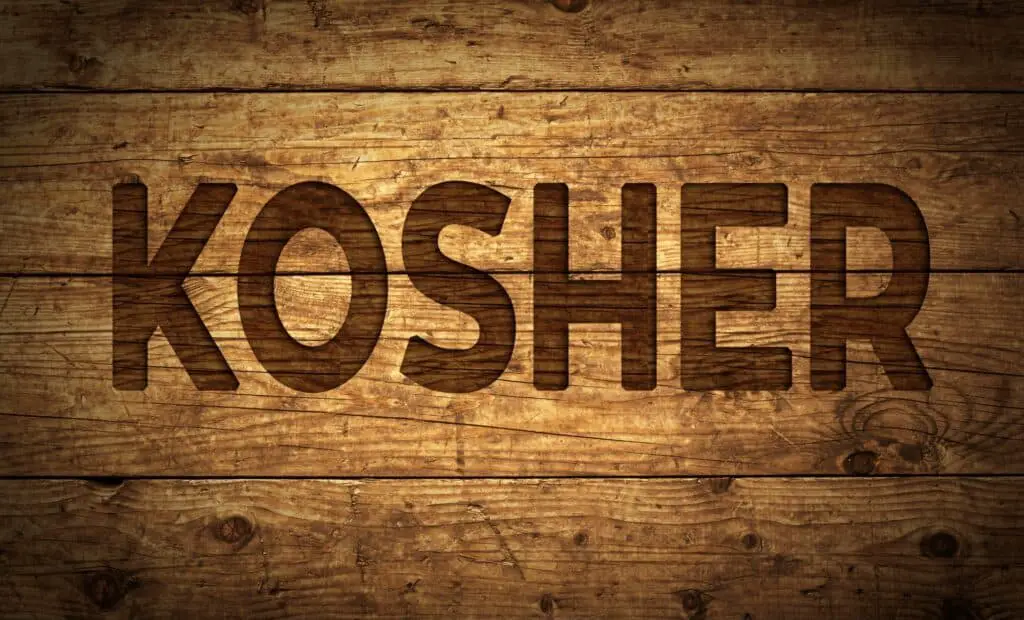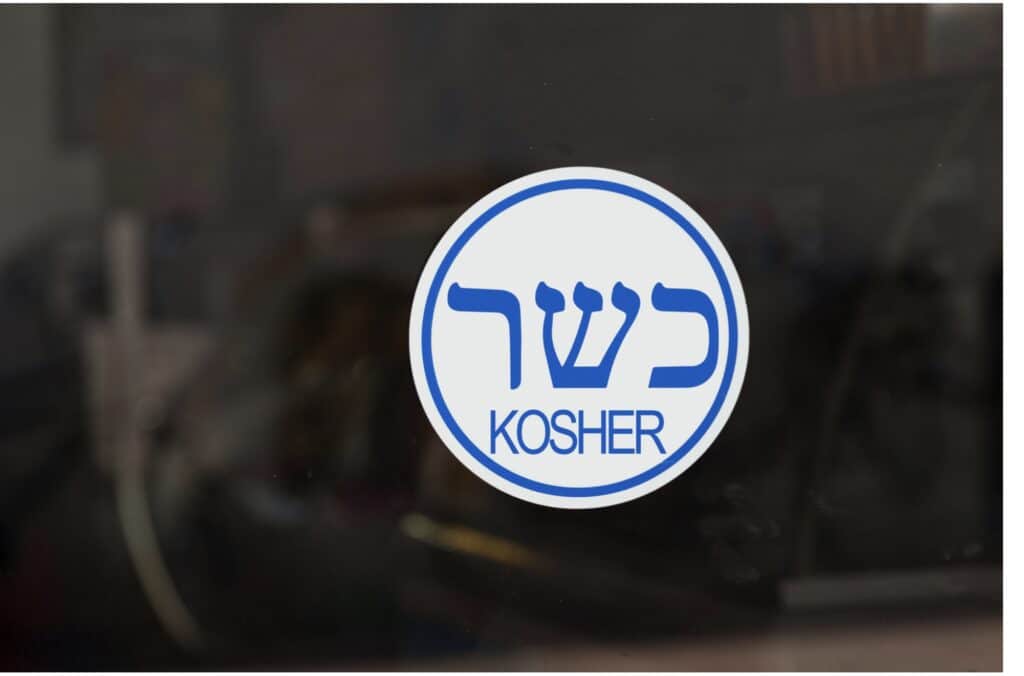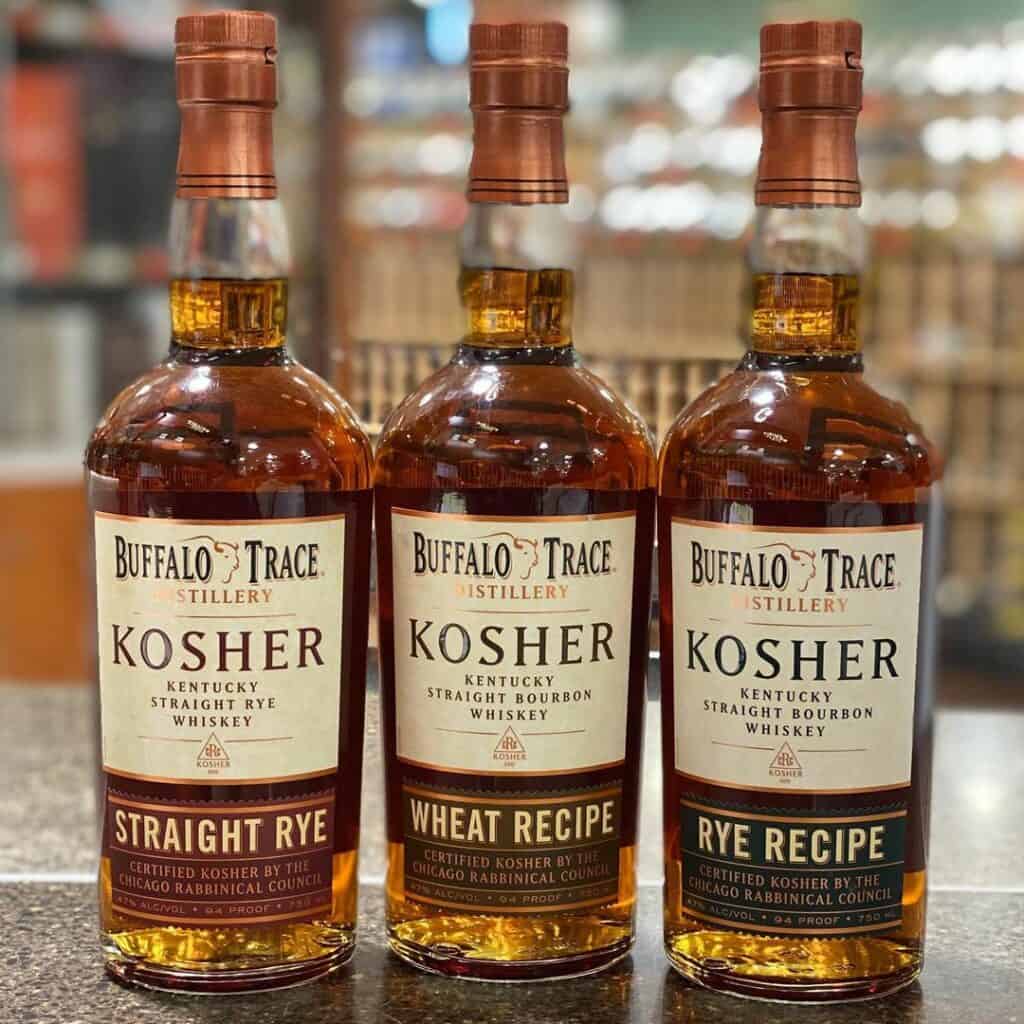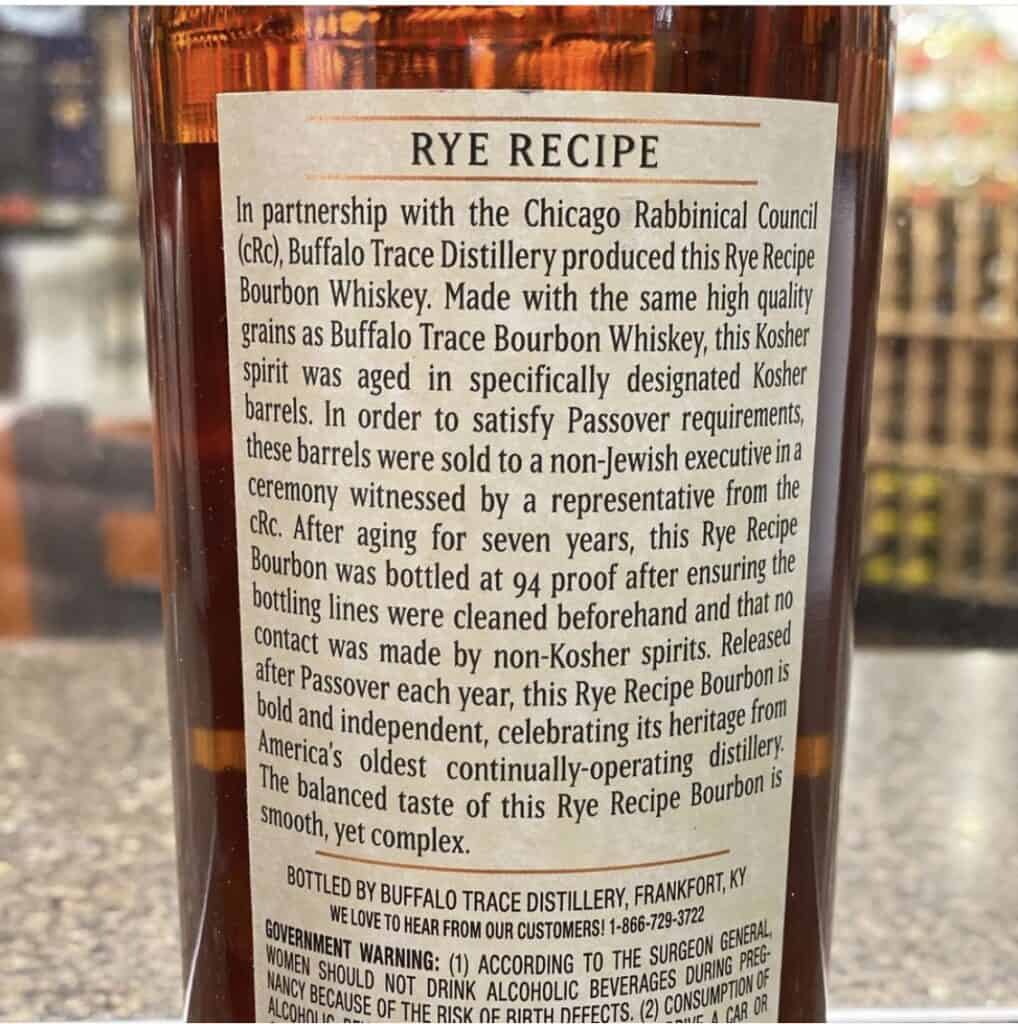Japanese whiskey is widely regarded as one of the highest-quality whiskey’s in the world. There are a handful of Japanese distillers and almost all of them distill their whiskey in the style of Scotch. They typically use malted grain and barley as the base. The whiskey is distilled using fires fueled by peat (a type of decayed moss/earth) which gives the final product a smokey flavor that is unique to Scotch and most types of Japanese whiskey.
But is Japanese Whiskey kosher? Generally speaking, most Japanese whiskey is considered to be Kosher. However, Judaism is not a widespread religion in the Eastern world and therefore it’s very unlikely that you’ll find a Japanese whiskey that has kosher certification. For this reason, you’ll want to do your own research on the product you’re consuming to double-check that it applies to halakha


Halakha is a set of rules outlined for living one’s life in accordance with Judaism. These rules predate the Old Testament and date back to the laws followed by ancient Israelites. While most of these rules have to do with the way that one lives their day to day life, some of them dictate what foods, ingredients, and food additives can and cannot be consumed by Jewish practitioners.
When it comes to alcoholic beverages in Judaism, there are some very strict rules that must be followed if one wants to remain in accordance with the Orthodox Union.
In today’s article, we’re going to discuss how to tell whether or not your Japanese whiskey is kosher and discuss what differentiates a kosher whiskey from a non-kosher whiskey.
What Makes A Whiskey Kosher?
For food, drink, or alcoholic beverage to be kosher, it must adhere to Kashrut– the set of laws governing diet and beverage consumption in Judaism. According to kashrut and the Talmud (the booking containing the kashrut laws), the punishment for consuming non-kosher food and drink was 39 lashes with a whip.
Today, you won’t be whipped for drinking a non-kosher beverage. However, if you are a practicing Jew, you are expected to follow an honor system. It’s your responsibility to do your due diligence on the food and drinks you consume so as not to violate the rules and keep in good faith.
Although many Jews abstain from alcohol, consuming it is by no means off-limits. In fact, alcohol is a very important part of many Jewish rituals and ceremonies. Alcohol is commonly enjoyed at the dinner table and may even be consumed during Passover. Although consumption is allowed, drunkenness is discouraged
Kosher Certification

There are a number of rules which Jews must follow when it comes to consuming alcoholic beverages. For example, consuming wine that is used for “idolatry” or placed into goblets and cups shaped like idols is strictly forbidden. It’s also forbidden to consume alcohol that is produced by an individual who worships idols and false gods.
For example, if X-brand whiskey was produced by a Satanist, it would be very un-kosher to consume it.
In addition to this, Jews are not allowed to consume many of the modern additives that are added to alcohol as preservatives. Caramel color is the only kosher-certified additive that Jews are allowed to consume in alcohol.
These additives are typically found in cheap mixers and bottom-shelf liquors and wines. Therefore, you’ll almost never see something like Triple-Sec in a Jewish home. Everything must be produced in a natural manner.
Whiskey and alcohol that is produced in accordance with the kashrut can apply for a kosher certification, which allows them to place a kosher label on their bottles.
Rabbinical Oversight

The easiest way to avoid accidentally consuming something that isn’t kosher is to consume a whiskey that is made with rabbinical oversight. These whiskeys don’t just earn a kosher stamp of approval, but are marketed specifically as “kosher whiskey.”
For those who don’t have the time or energy to figure out whether or not the drink they’re consuming is or isn’t kosher, it’s best to stick with kosher whiskeys that have involved a Jewish Rabbi in all processes from the harvesting of the grain to the distilling and bottling of the final product.
Aging Whiskey In Wine Casks
In general, most high-quality Scotch and Japanese-style whiskeys are considered kosher (providing they have no additives). However, what is not allowed are Japanese whiskeys that have been aged in old wine casks.
The kashrut has a lot of laws regarding wine consumption, and specifically whether or not wine is produced in a halakha manner. Most wine is not kosher. This, in turn, means that you should not consume whiskey that has been aged in old wine barrels as the resulting product takes on aspects of the non-kosher wine.
Can Japanese Whiskey Be Consumed During Passover?

Although most Japanese whiskey is considered to be kosher and is excellent when paired with Japanese foods such as Nabemono, it should not be consumed during Passover. During this holiday, Jews are expected to abstain from consuming grains and leavening agents known religiously as chametz.
As we mentioned, most Japanese whiskey is made in the style of Scotch, which means that a lot of grains are used to produce it.
If you’re looking for a liquor to consume over Passover, you’re better off sticking to kosher-certified Vodka, Tequila, or kosher wines. These liquors all use a grain-free mash to produce the final product and contain no chametz.
How Do I Tell If A Japanese Whiskey Is Kosher?
Unfortunately, no Japanese whiskey on the market has been produced under entirely Kosher supervision. Also, keep in mind that not all Japanese whiskey is the same. While most are made in a Scotch style and considered to be kosher, some do contain artificial additives or are made using old wine caskets.

To be entirely sure that you’re consuming a kosher Japanese whiskey, make sure that you read all of the labels and research the product beforehand. If you want to avoid any confusion, you’re better off sticking with a kosher-certified whiskey that is produced under the supervision of an authorized Rabbi.